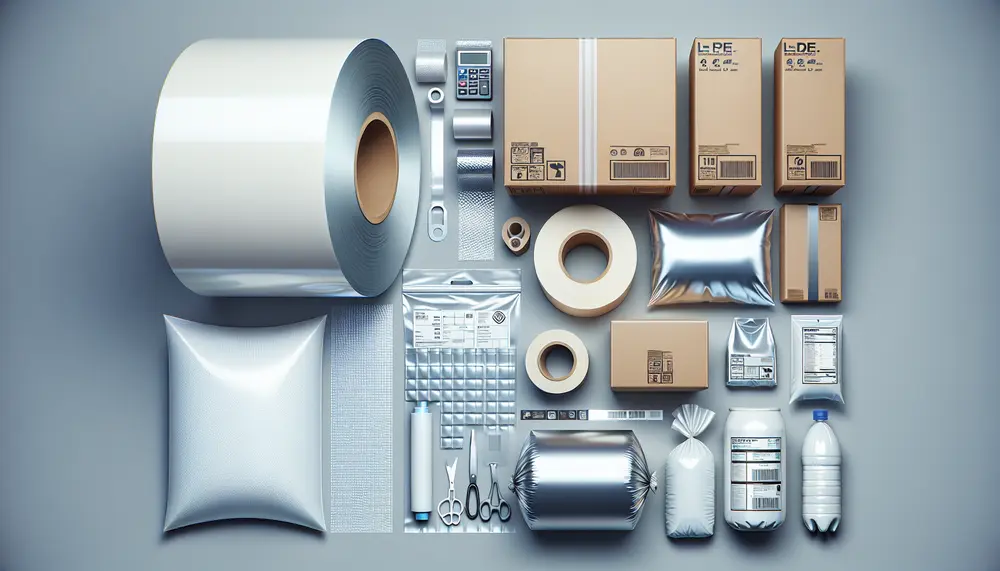Liner
Liner
Liner in Packaging
A liner is a crucial component in the packaging industry. It refers to a material that lines the inside of a container or packaging. Liners serve various purposes, including protection, preservation, and separation.
Types of Liners
There are different types of liners used in packaging. Some common ones include:
Plastic Liners: These are often used in food packaging to prevent contamination and keep products fresh.
Paper Liners: These are used in boxes to provide an extra layer of protection.
Foil Liners: These are used to provide a barrier against moisture and light.
Benefits of Using Liners
Using a liner in packaging offers several benefits:
Protection: Liners protect the contents from damage during transport and storage.
Preservation: They help in preserving the quality and freshness of the product.
Separation: Liners can separate different items within the same package, preventing them from mixing.
Applications of Liners
Liners are used in various industries, including:
Food and Beverage: To keep products fresh and safe from contamination.
Pharmaceuticals: To ensure the integrity of medical products.
Cosmetics: To protect delicate items from damage.
Conclusion
In summary, a liner is an essential element in packaging. It provides protection, preservation, and separation. Different types of liners serve various purposes, making them versatile and valuable in many industries.
Blog Posts with the term: Liner
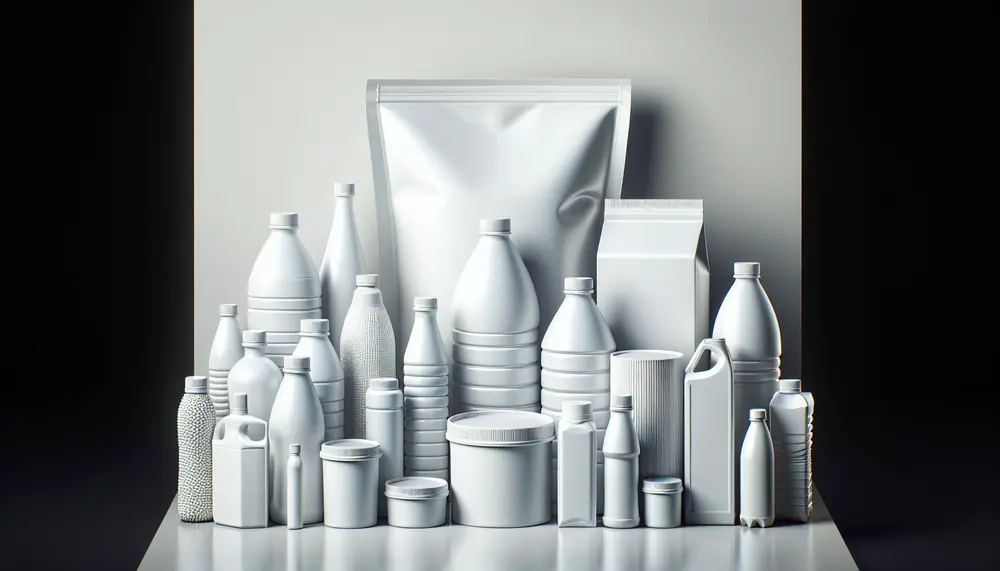
HDPE packaging is valued for its durability, lightweight nature, and resistance to environmental factors. It's versatile in shape and size customization, cost-effective during transport due to its light weight, and environmentally friendly as it's 100% recyclable. High-density polyethylene (HDPE) is a...
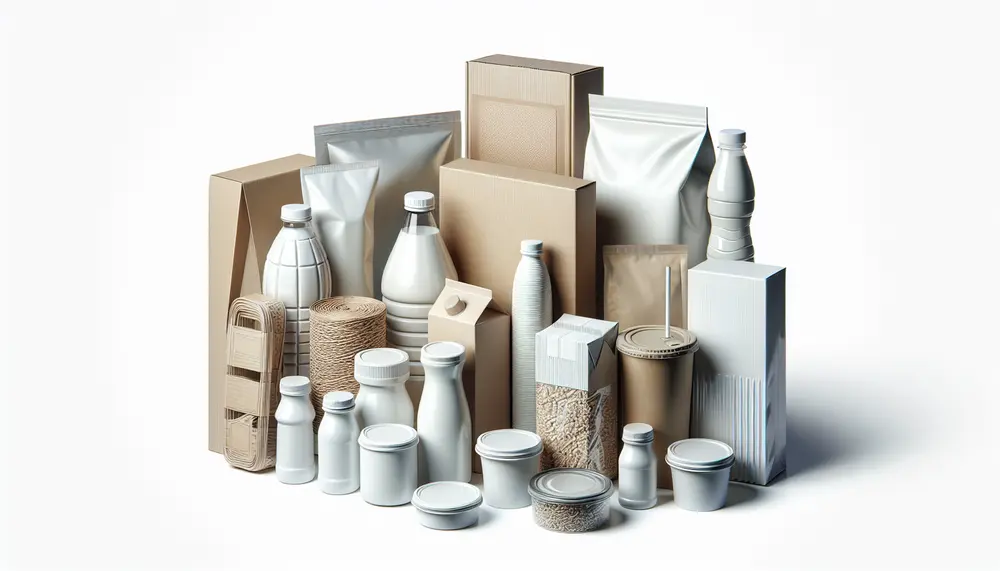
The guide explains the significance of MOSH (Mineral Oil Saturated Hydrocarbons) and MOAH (Mineral Oil Aromatic Hydrocarbons) in food packaging, highlighting their potential health risks due to migration into food. It emphasizes the need for ongoing research, industry regulation, and...
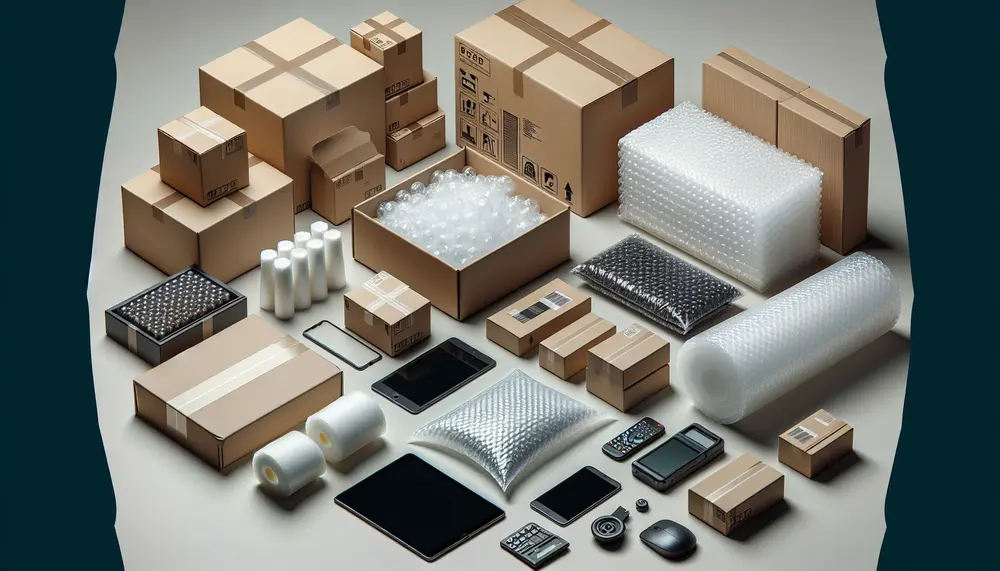
Effective electronic packaging is essential for protecting devices during transport and storage, impacting customer satisfaction and brand reputation. A guide to materials like plastic cushioning, thermoformed plastics, shielding bags, foams, and desiccants helps in selecting the right protection based on...
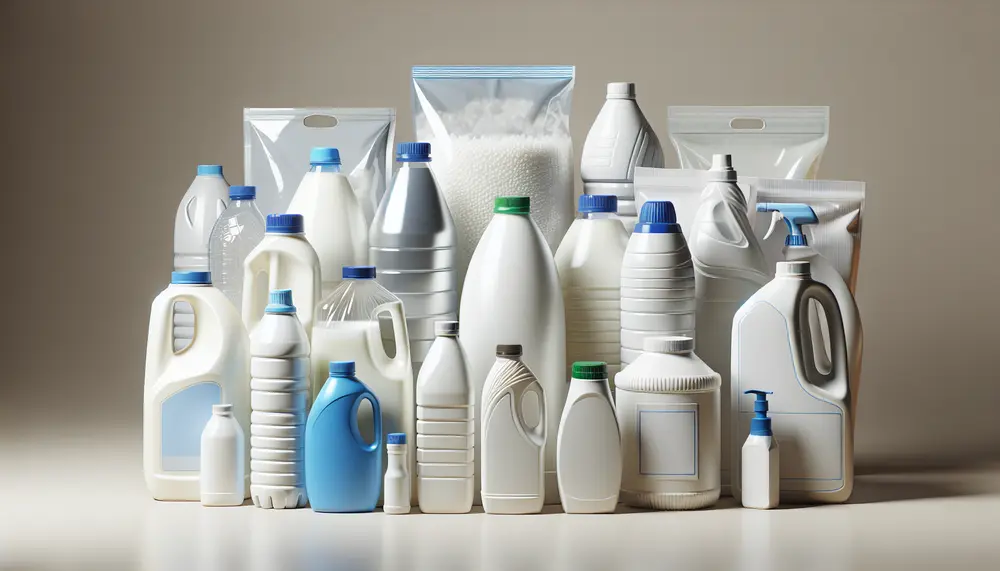
High-Density Polyethylene (HDPE) is a durable, versatile thermoplastic with a high strength-to-density ratio used in packaging, construction, and various other applications due to its resistance to impact and chemicals. HDPE's production involves polymerization of ethylene gas using different methods that...
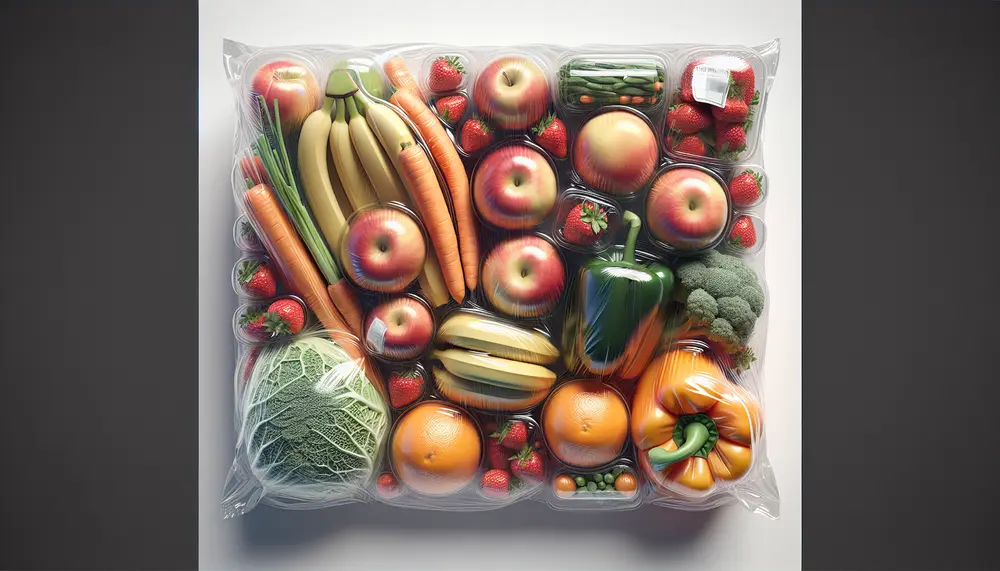
Packaging for fruits and vegetables is crucial in ensuring produce reaches consumers fresh, extends shelf life by controlling moisture and airflow, protects from contaminants, and maintains hygiene. The choice of packaging materials like corrugated boxes or breathable bags depends on...
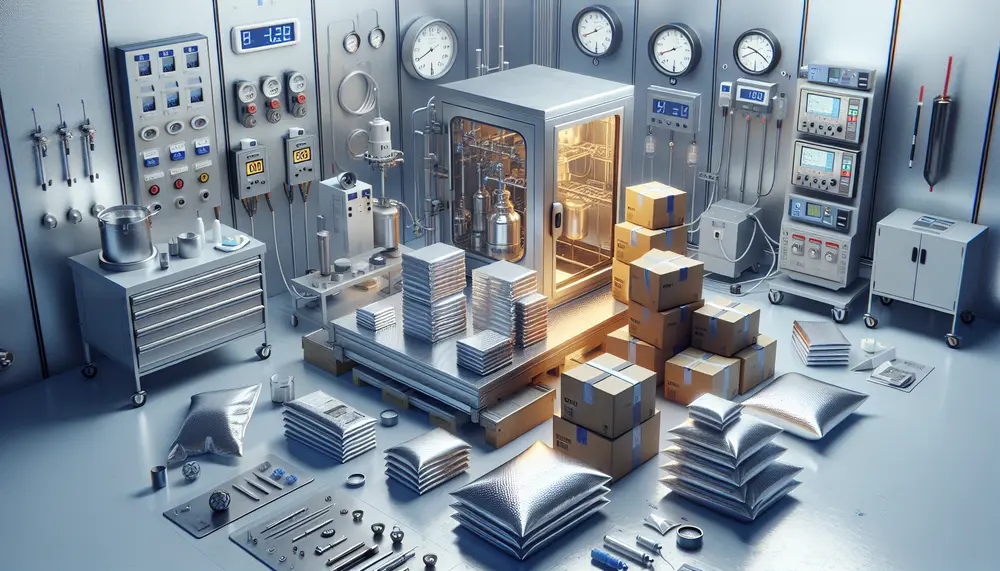
Heat resistant packaging materials are designed to protect contents from high temperatures during transportation or storage, with various forms for different applications and levels of protection. Innovations aim to enhance heat resilience while considering cost-effectiveness and environmental impact. Thermal stability...
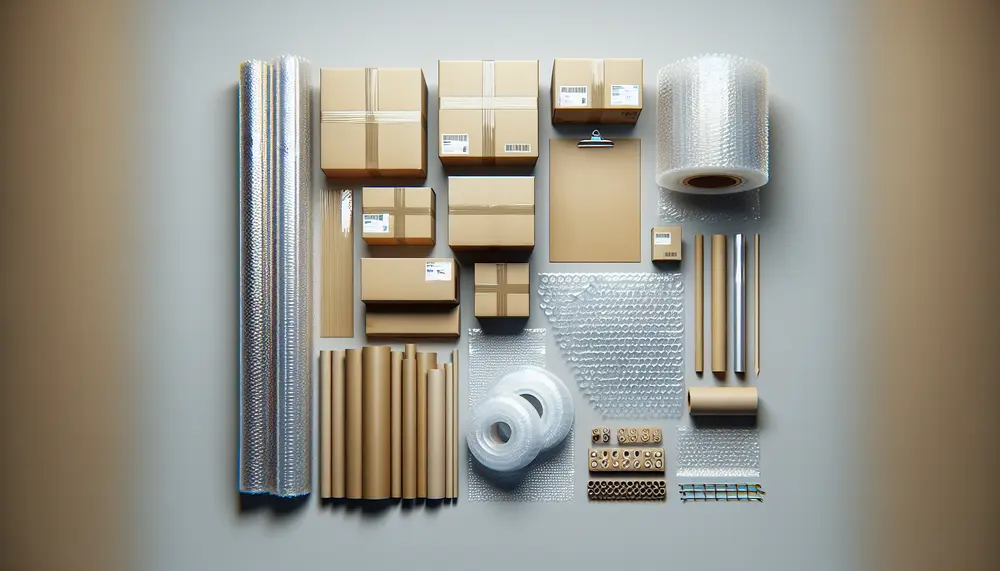
Packaging hazards pose risks to product safety during transportation and storage, stemming from physical damage, environmental conditions, and human error; addressing these requires a comprehensive design strategy. Shipping hazards are categorized into shock damage, vibrations, compression forces, and atmospheric conditions;...
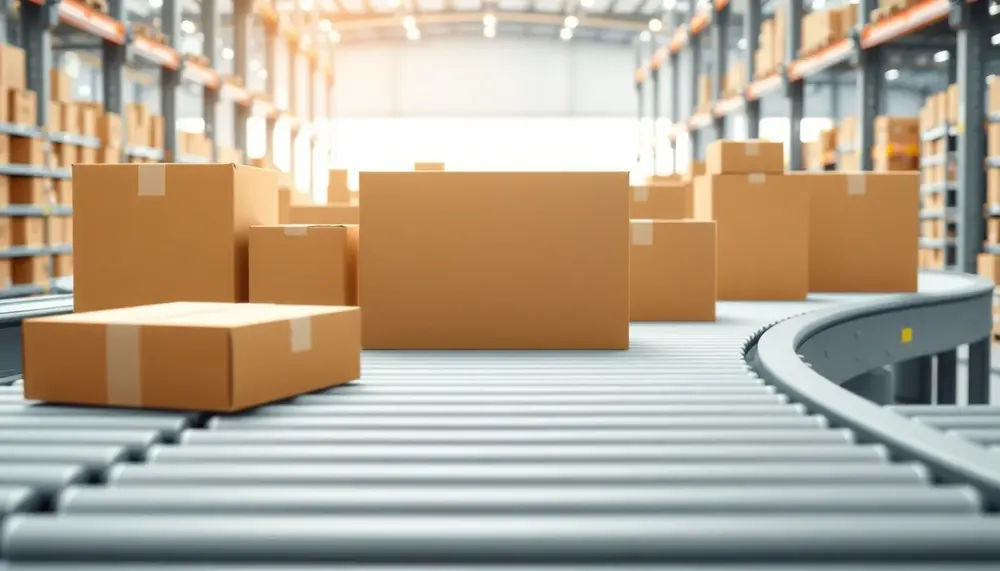
Amazon's packaging evolution reflects its commitment to innovation, sustainability, and customer satisfaction through initiatives like Frustration-Free Packaging, which reduces waste and enhances the unboxing experience. By leveraging eco-friendly materials, AI-driven optimization, and scalable solutions across product categories, Amazon has set...
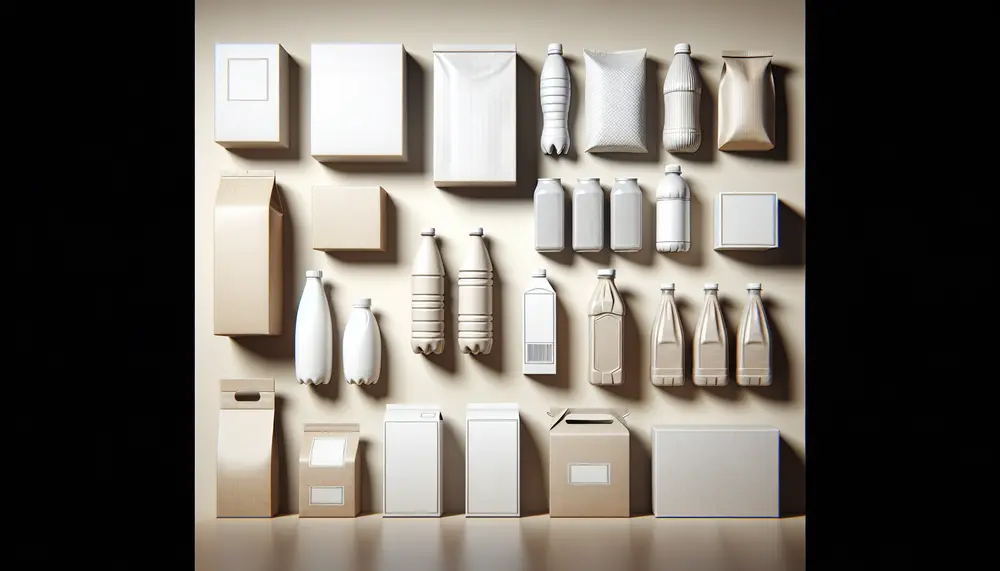
Branding and packaging significantly influence consumer perception by conveying brand values through design elements, creating a memorable experience that can drive purchase decisions. Innovative branding examples from companies like Apple and Nike demonstrate the importance of aligning packaging with brand...
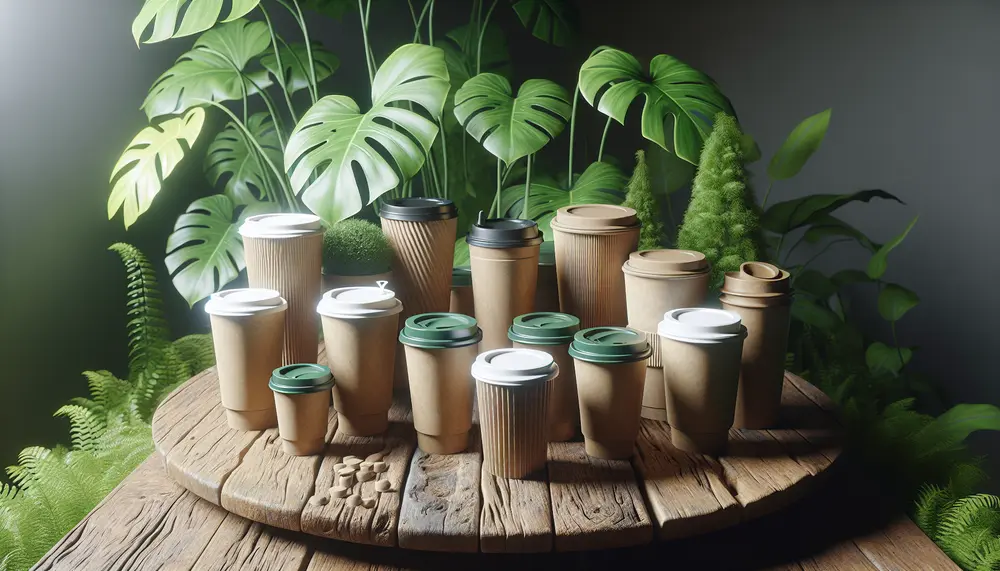
Disposable coffee cups significantly impact the environment due to their non-recyclable mixed materials, contributing to pollution and resource depletion. Efforts to mitigate this include shifts in consumer behavior, corporate responsibility, and innovative materials for alternative cups alongside reusable cup programs...
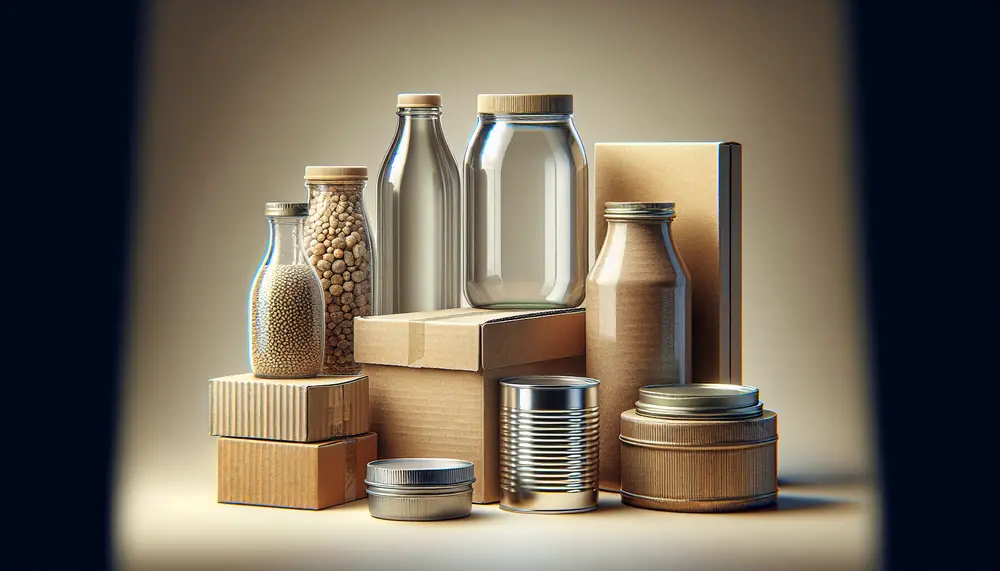
Food packaging materials are crucial for protecting food quality and safety, providing consumer information, and ensuring regulatory compliance. The choice of material depends on factors like the type of food, shelf life requirements, storage conditions, and environmental impact. Plastic packaging solutions...
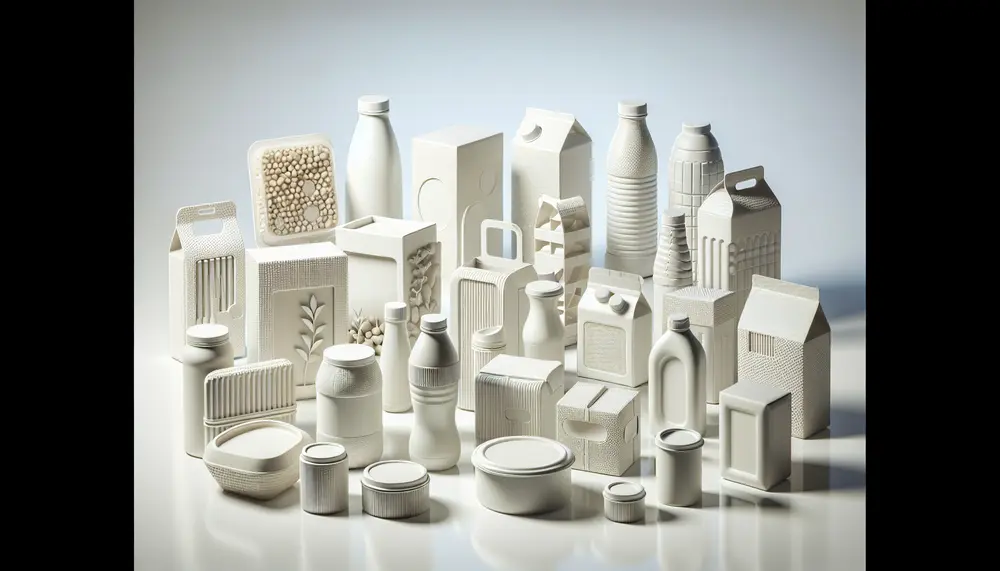
Food packaging is essential for protecting food, preserving quality, and providing information; it's made from various materials including eco-friendly options and plays a key role in marketing. Current trends focus on convenience, minimalism, antimicrobial properties, and sustainability. Innovative food packaging offers...
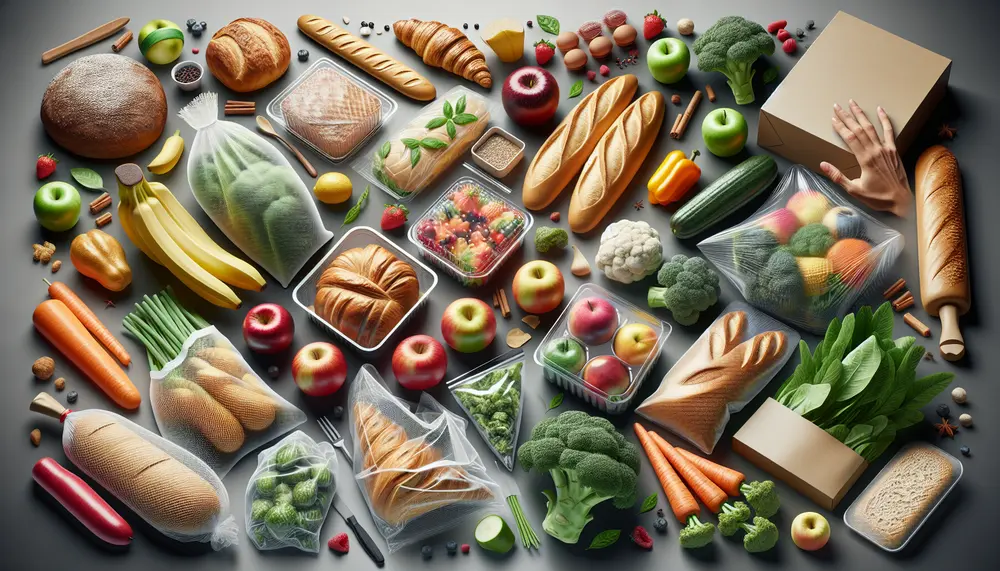
Food packaging is essential for protecting food, extending shelf life, and maintaining quality from production to consumption. It must meet safety standards, provide consumer information, facilitate transportation, enhance marketability, and support sustainability efforts. Innovative food packaging solutions address demands for convenience...
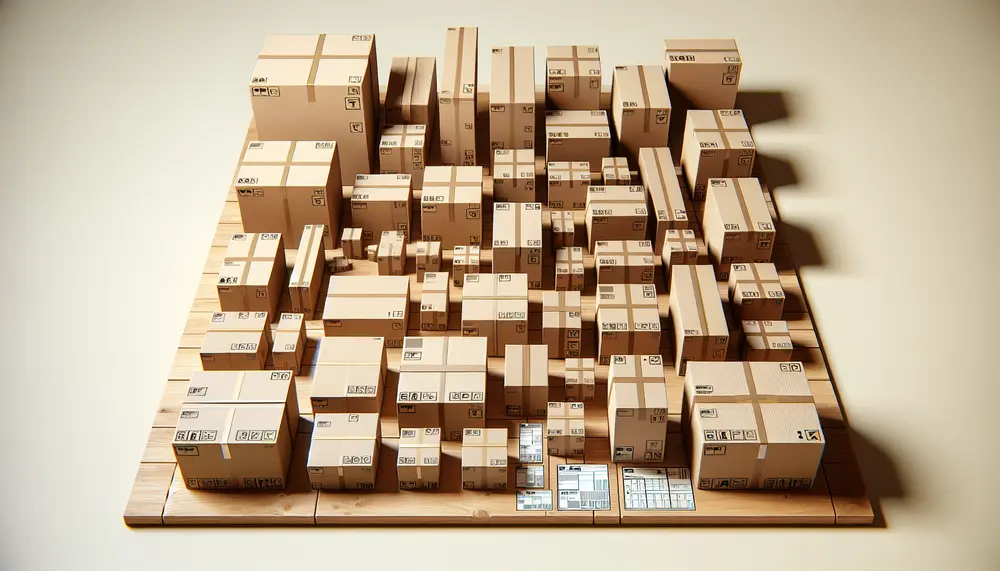
The article discusses the importance of choosing the right packaging box for shipping, emphasizing that a good box protects contents and saves costs. It outlines factors to consider when selecting a box type, such as product nature, shipping method, and...

